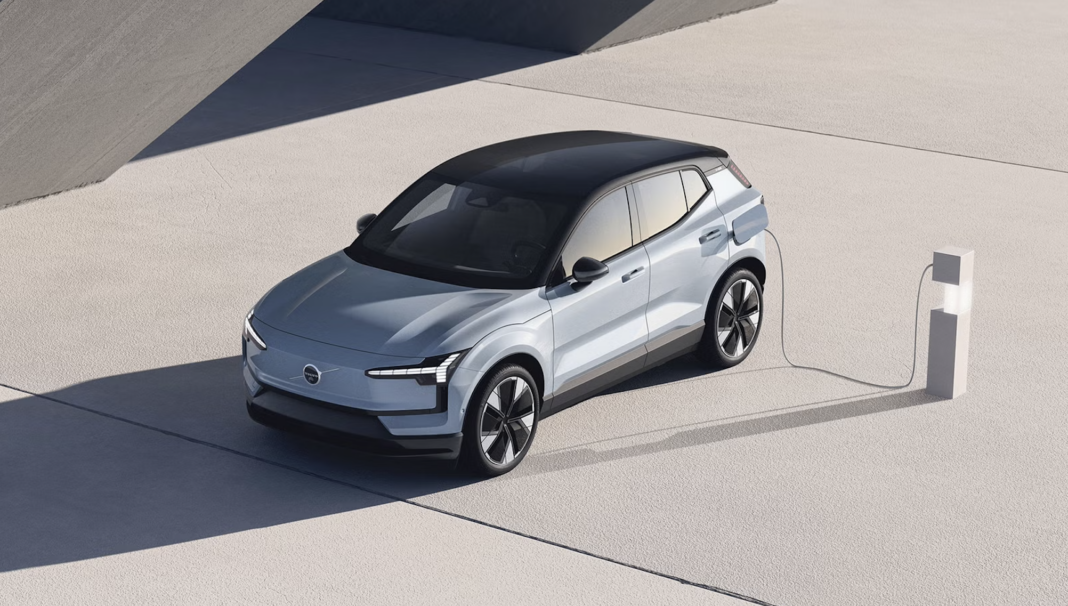Reports have suggested that European firms could face total fines of up to €15bn without pooling. By Ian Henry
“*” indicates required fields
We have a curated list of the most noteworthy news from all across the globe. With any subscription plan, you get access to exclusive articles that let you stay ahead of the curve.
We have a curated list of the most noteworthy news from all across the globe. With any subscription plan, you get access to exclusive articles that let you stay ahead of the curve.
We have a curated list of the most noteworthy news from all across the globe. With any subscription plan, you get access to exclusive articles that let you stay ahead of the curve.
/ forever
Sign up with just an email address and you get access to this tier instantly.
/ year
Pay now and you get access to exclusive news and articles for a whole year.
/ month
By agreeing to this tier, you are billed every month after the first one until you opt out of the monthly subscription.
/ forever
Sign up with just an email address and you get access to this tier instantly.
/ year
Pay now and you get access to exclusive news and articles for a whole year.
/ month
By agreeing to this tier, you are billed every month after the first one until you opt out of the monthly subscription.
We have a curated list of the most noteworthy news from all across the globe. With any subscription plan, you get access to exclusive articles that let you stay ahead of the curve.
― Advertisement ―

Reports have suggested that European firms could face total fines of up to €15bn without pooling. By Ian Henry
As the European electric vehicle (EV) market growth has slowed significantly, vehicle companies have looked anxiously at their ratios of EV to total sales. Failing to sell enough EVs to comply with emissions targets (measured in the EU through average grammes of CO2 per km) could mean significant fines. However, a regulatory exemption allows vehicle companies to pool their total sales so that companies which have excess CO2 emissions can avoid fines by allying with companies with significant credits. Tesla, which sells only EVs, has substantial excess emissions credits in relation to its sales and can sell these credits to other vehicle companies in a pooling system to help them comply with the emissions rules.
Scroll
“*” indicates required fields
We have a curated list of the most noteworthy news from all across the globe. With any subscription plan, you get access to exclusive articles that let you stay ahead of the curve.
Copyright CarWolrd Chronicles © 2024